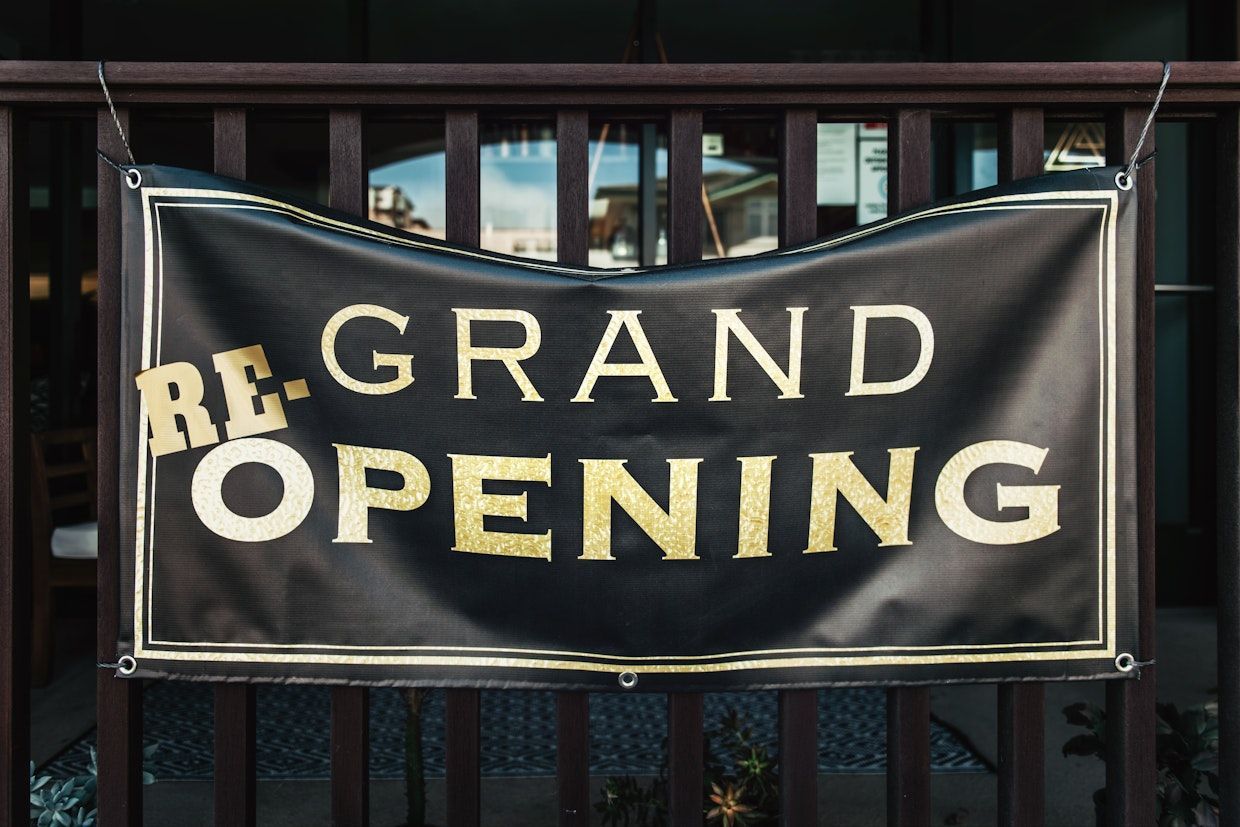Should you buy a building for your business?
Tired of paying rent for your commercial premises and considering buying a premises for your business?
Owning a building works best if your business is well-established, you have money to invest, and you’re taking a long-term approach – it can take many years for this decision to pay for itself.

The advantages of owning a commercial property
- You no longer need to worry about dealing with a landlord. You’re the landlord now, so your lease won’t end and you get to make all the decisions about how the premises is used. If you want to make changes to the fitout, it’s up to you.
- You don’t have to worry about rising rent. Eventually, owning a premises will be cheaper than leasing. When you continue leasing, you can expect the rent to keep going up – sometimes the jump may be substantial.
- If your business moves or closes, you still own the building. This can be a highly valuable long-term asset, depending on the type of building and the potential tenants.
The advantages of leasing your business premises
- Leasing gives you more flexibility. You can move if your business gets too big for the space, or downsize if more people are working from home.
- You don’t have to worry about paying building expenses like rates, warrants of fitness, and insurance.
- Your rent is likely to be lower than the servicing costs for a commercial property loan, boosting cashflow so you have more to invest in the growth of the business.
- The landlord will take care of repairs and maintenance on your building – when there’s a leak, for example, it’s not your problem.
- Commercial buildings are typically expensive and financing is costly, so you’ll need to do plenty of research before you decide to make a purchase.
We can run a cost-benefit analysis
Could buying a building be the right choice for your business? We can work with you to analyse the costs and benefits of each option, to help you make an informed decision about which one will put you on track to achieve your goals.
Get in touch today, we’d love to hear from you.



